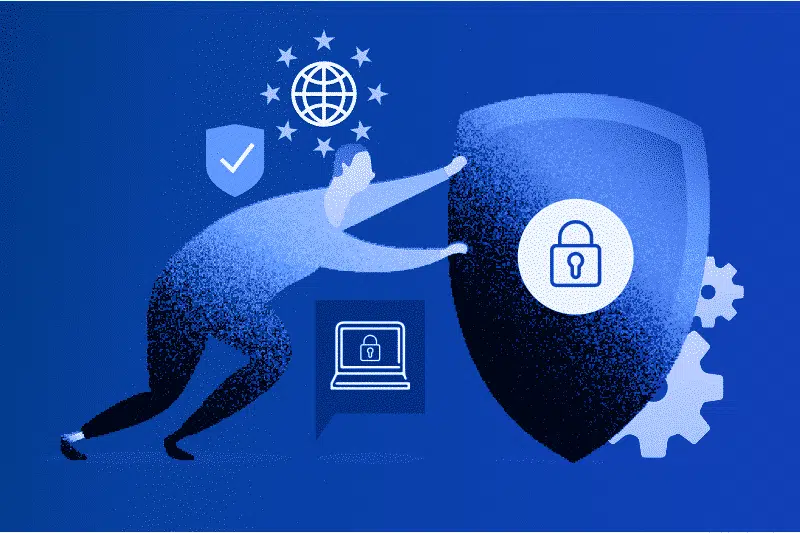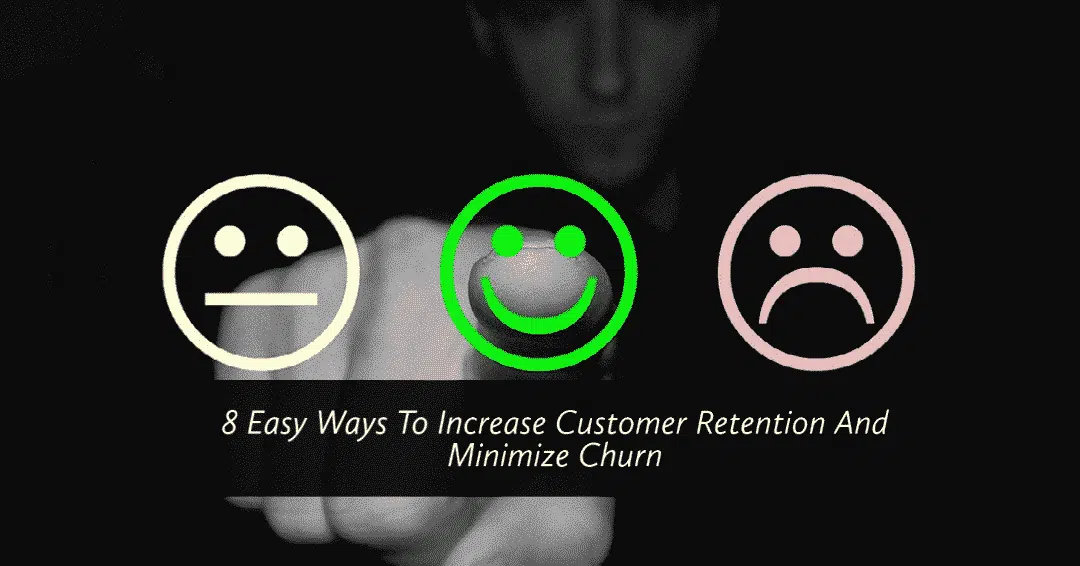The usage of the internet for business transactions and more has become so widespread that a large number of sensitive data is stored on different websites. A breach of security in these websites can put a lot of people at risk. To protect assets and to ensure that all users get to enjoy maximum security, there have been certain laws (GDPR Compliance) that have been enforced.
While these laws can differ according to your locality, if you’re on the internet, it is necessary to be compliant with these general rules and regulations. Currently, one law that is being enforced in Europe for data protection is the General Data Protection Regulation.
What Is GDPR?
Introduced in 2016, the GDPR EU is meant for data protection use for all individuals who reside in the states that make up the European Union. The regulation is meant to replace the Data Protection Directive that was introduced in 1995. Under this new regulation, residents and citizens get to exercise bigger control over their data. This regulation also ensures that international businesses are working in accordance with the regulations within the EU.
With the help of the GDPR, these international websites also get to enjoy a bigger and simple environment as far as rules and regulations are concerned. While the regulation was announced in 2016, websites, international businesses and more were given a transitionary time period of two years to ensure that they are in compliance with the stipulations and rules outlined in the GDPR for data protection.
Under the GDPR, users also get to have more control over the data being shared, where it is being stored and what it is being used for. If need be, they have the right to request removal or deletion of their information. The data controller will also have to show more accountability if the user data is breached, misused or abused in any manner. As more and more businesses are conducting business online, security breaches and data protection are becoming serious concerns that will be addressed with the GDPR plan.
Who needs to be GDPR compliant?
Despite the prior warning, many businesses have still not become compliant as yet. The main reason is that they don’t feel like they need to be compliant. However, GDPR is extremely necessary. In fact, almost every software developer, all start-ups, tech companies that have software apps and the websites of these online businesses need to be compliant for maximum data protection.
Interestingly, it isn’t just your website that needs to be GDPR compliant. The following are also a few other technological platforms that have to be compliant, especially since they rely on the collection of data for business intelligence:
- Apple App Store – iPhone and iPad
- Google App Store – For any Android app
- Windows App Store
- Web Portals
- Apps for Streaming Devices – Apple TV, Smart TV
- Online Marketing websites
- Cloud storage solutions
- Extensions for browsers
- APIs
Any other components that are connected to or related to these software and apps need to be compliant with the GDPR as well. For many businesses, this can mean taking a closer look at the infrastructure, user permissions and evaluate how they make use of user data.
As you can see, this can take a lot of time which is why the regulation had a two year transaction period for everyone to become compliant and be on the same page. However, despite the long transitionary period, there are still plenty of businesses that haven’t made the transition as yet. For those who haven’t time is slowly running out.
Time Remaining To Be Compliant
The GDPR regulation was announced in 2016 and the two year transition period comes to an end on the 25th of May 2018. If you didn’t consider ensuring that your website and other business feature are GDPR compliant or not, it is time you take actions. The interesting factor is that if you have even one registered users is from the EU, you will have to make sure that your website is GDPR compliant.
Businesses are slow to realize this factor which has made the transition a bit slow, even with prior notice. However, time is running out and you really don’t want to be penalized and flagged for non-compliance when the 25th of March rolls around the corner. Given the fact that you had two years to make the transition to GDPR, there really are no excuses for websites not being compliant for it when May starts.
What Happens if You Don’t Get GDPR for Websites?
If you don’t pay attention to making sure that your website is GDPR website is compliant with the new rules and regulations, there are certain sanctions that will be imposed on you, depending on the severity of the penalty. You can face the following if you don’t get GDPR compliant by May 2018:
- Receive written warning for non-compliance, if it is the first time or it is non-intentional in nature.
- Audits for data protection checks – Done periodically and regularly.
- First Fine – Can be up to €20 million. For international businesses, this will either be a fine of 4% of their annual turnover of the previous financial year or the amount mentioned.
- Second Fine – Can be up to €10 million. For international businesses, a fine of 2% of their annual turnover of the previous financial year.
It should be noted that while the GDPR is making it easier for international businesses to collaborate and work with EU, the fines for non-compliance are bigger and steeper than previously imposed.
How To Check If You Are Compliant Or Not?
Stressed about whether you are GDPR compliant or not? Make use of this GDPR checker. With its help, you can properly identify whether you have a GDPR website or not. If you do need to incorporate GDPR compliance measures for your website, get in touch with Markovate. Our team of experts will ensure that your website, software and other apps are GDPR compliant and ready before the deadline.







